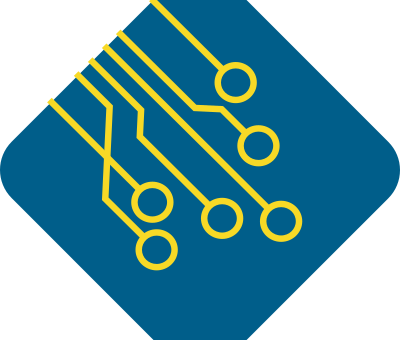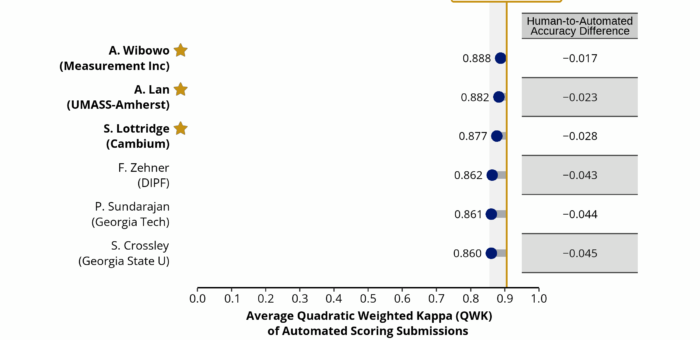
zugehOERt Podcast 081: Learning Analytics und OER
Im Gespräch mit Susanne Grimm führt Ioana Jivet an das Thema Learning Analytics heran und geht auf dessen Mehrwert für Lehrende und Lernende auch im Hinblick auf eine mögliche Bedeutung für den größeren Nutzen von OER ein. Ioana Jivet ist seit 2021 assoziierte Wissenschaftlerin im EduTec-Team am DIPF. Als Postdoktorandin in der Einrichtung studiumdigitale der Goethe-Universität Frankfurt ist sie als Forschungskoordinatorin wissenschaftlicher Forschungsanteile der laufenden Projekte: HIKOF und IMPACT tätig. Im Rahmen des Hessen Hub – Netzwerk digitale Hochschullehre Hessen leitet sie das Schwerpunktthema Trusted Learning Analytics. Den Podcast hier anhören









